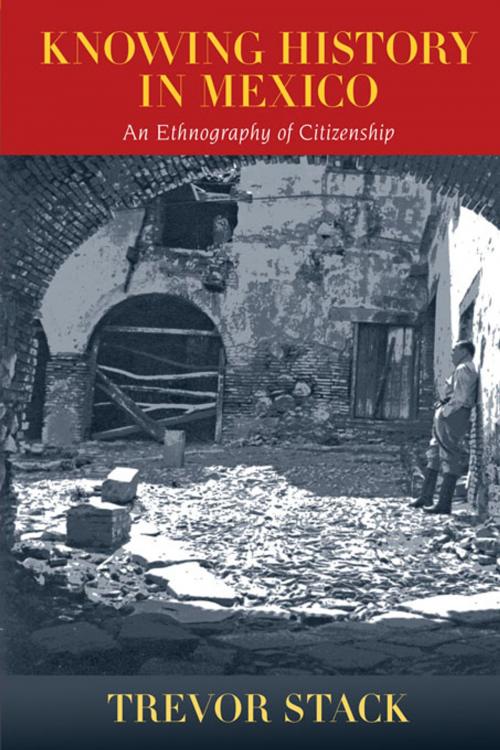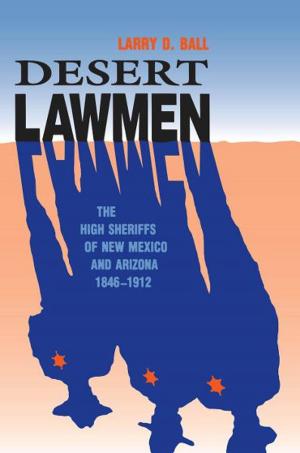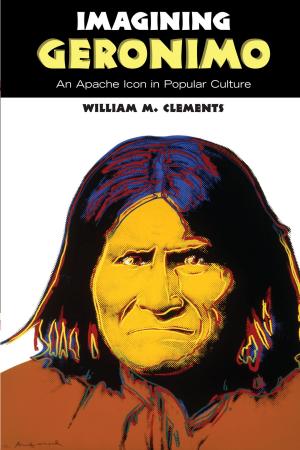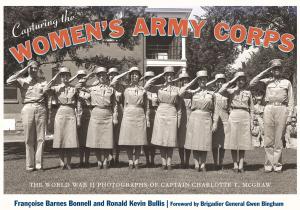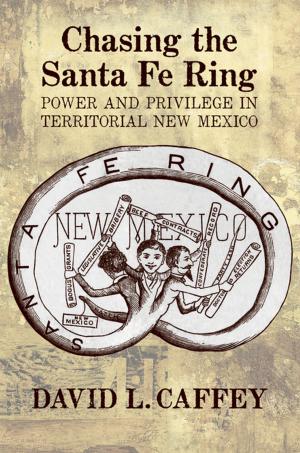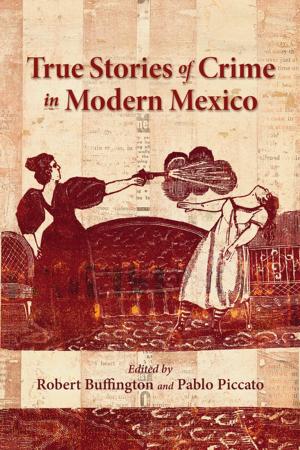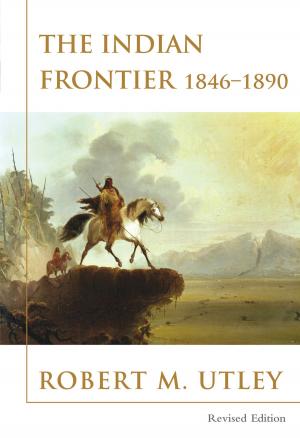Knowing History in Mexico
An Ethnography of Citizenship
Nonfiction, History, Americas, Mexico, Social & Cultural Studies, Social Science, Anthropology| Author: | Trevor Stack | ISBN: | 9780826352545 |
| Publisher: | University of New Mexico Press | Publication: | November 15, 2012 |
| Imprint: | University of New Mexico Press | Language: | English |
| Author: | Trevor Stack |
| ISBN: | 9780826352545 |
| Publisher: | University of New Mexico Press |
| Publication: | November 15, 2012 |
| Imprint: | University of New Mexico Press |
| Language: | English |
While much has been written about national history and citizenship, anthropologist Trevor Stack focuses on the history and citizenship of towns and cities. Basing his inquiry on fieldwork in west Mexican towns near Guadalajara, Stack begins by observing that people talked (and wrote) of their towns’ history and not just of Mexico’s.
Key to Stack’s study is the insight that knowing history can give someone public status or authority. It can make someone stand out as a good or eminent citizen. What is it about history that makes this so? What is involved in knowing history and who is good at it? And what do they gain from being eminent citizens, whether of towns or nations?
As well as academic historians, Stack interviewed people from all walks of life—bricklayers, priests, teachers, politicians, peasant farmers, lawyers, and migrants. Resisting the idea that history is intrinsically interesting or valuable—that one simply must know the past in order to understand the present—he explores the very idea of “the past” and asks why it is valued by so many people.
While much has been written about national history and citizenship, anthropologist Trevor Stack focuses on the history and citizenship of towns and cities. Basing his inquiry on fieldwork in west Mexican towns near Guadalajara, Stack begins by observing that people talked (and wrote) of their towns’ history and not just of Mexico’s.
Key to Stack’s study is the insight that knowing history can give someone public status or authority. It can make someone stand out as a good or eminent citizen. What is it about history that makes this so? What is involved in knowing history and who is good at it? And what do they gain from being eminent citizens, whether of towns or nations?
As well as academic historians, Stack interviewed people from all walks of life—bricklayers, priests, teachers, politicians, peasant farmers, lawyers, and migrants. Resisting the idea that history is intrinsically interesting or valuable—that one simply must know the past in order to understand the present—he explores the very idea of “the past” and asks why it is valued by so many people.
